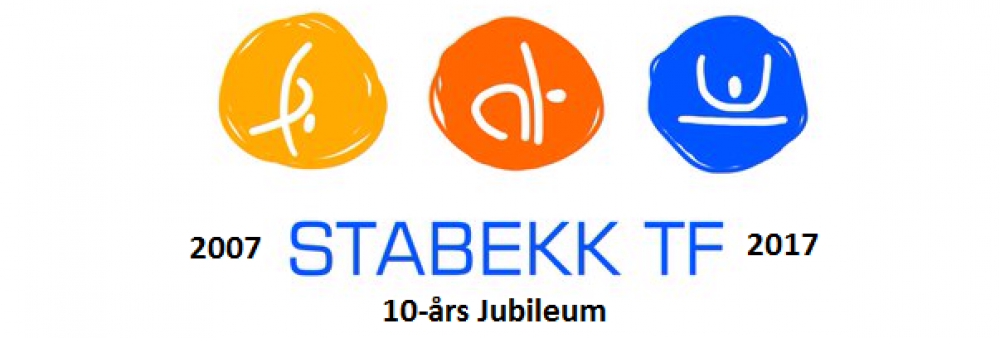Temporary contracts are becoming increasingly common in the modern job market, with many employers turning to flexible hiring arrangements to meet their staffing needs. But how do temporary contracts work, and what should you know if you`re considering one for your next job?
In essence, a temporary contract is a working arrangement where an employee is employed for a limited period of time, typically ranging from a few weeks to several months. These contracts are often used to cover temporary periods of increased demand or to provide cover for permanent employees who are absent due to illness or other reasons.
Temporary contracts can be beneficial for both employers and employees. For businesses, they offer increased flexibility and cost-effectiveness, as they can hire staff for specific periods without needing to commit to longer-term employment contracts. Temporary contracts also allow employers to quickly scale up or down their workforce as required, without incurring significant costs or HR overheads.
For employees, temporary contracts can provide valuable work experience and exposure to different roles and industries. They can also offer greater flexibility and work-life balance, as temporary workers may have more control over their hours and may be able to work from home or remotely.
However, there are also some potential downsides to temporary contracts that employees should be aware of. Firstly, temporary workers may not receive the same benefits and job security as permanent employees, such as paid holidays and sick leave. They may also be less likely to be offered training and development opportunities, as temporary contracts are usually designed to fill specific roles rather than to invest in long-term career development.
Another potential issue is the lack of stability that temporary contracts can bring. As temporary workers are employed for a fixed period, there is always the risk that the contract may not be extended or renewed, leaving the individual without a job. Additionally, temporary workers may find it harder to form strong relationships with colleagues and to build a sense of community within the workplace.
If you`re considering a temporary contract, it`s important to be clear about the terms and conditions of the arrangement. Make sure you understand the duration of the contract, your employment status, and any benefits or perks on offer. Be aware of any potential downsides, and factor these into your decision-making process.
In conclusion, temporary contracts offer a flexible and cost-effective way for businesses to manage their workforce, while also providing valuable opportunities for employees. However, it`s important to approach temporary contracts with a clear understanding of the pros and cons, and to ensure that the terms of the contract are fair and transparent. With the right approach, temporary contracts can be a valuable stepping stone towards a successful career.
